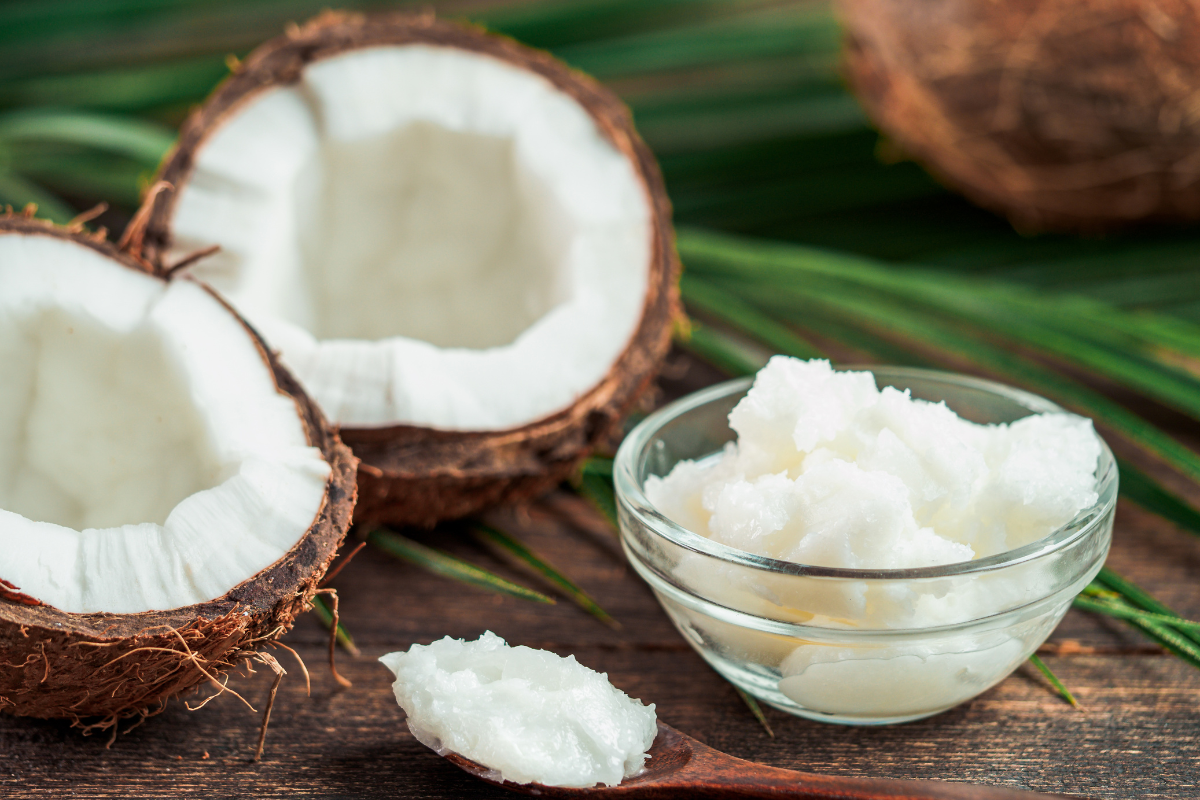Collagen, prebiotics & gut health

Collagen, prebiotics & gut health
More and more of us are eating foods and supplements with collagen, probiotics and prebiotics, as well as lots of yogurt, kimchi, kombucha and more to get prebiotics or probiotics - to try to feed the "good" bacteria that live in the gut (the most bacteria are found in the large intestine). Collagen's role in maintaining gut health, especially in the context of a poor diet, is essential for a robust immune system. By healing the intestinal lining and aiding digestive function, collagen supports a healthy microbiome, which is an integral part of our body's immune response.
The science is exploding and we're only in the early stages of understanding it all, so here are some things about the gut microbiome that you might benefit from knowing.
The microbiome is defined as all the bacteria, viruses, fungi, archaea and eukaryotes that live in the human body. Generally referred to as the "second human genome", the gut microbiome in particular is now considered a separate "organ" with distinct metabolic and immune activity. The research looks at which microorganisms are found in the intestines and what functions they have for the human body. But we start with collagen…
Collagen helps balance the gut microbiome
Collagen peptides have beneficial effects on the gut microbiome, the diverse community of microorganisms that are essential to our health. Collagen can influence the composition of the gut microbiota, promoting a balanced environment necessary for digestion, nutrient absorption and immunity. This balance is especially important in mitigating the effects of factors such as junk food and processed food on our digestive health.
The interaction between collagen fibers and gut bacteria plays an important role in maintaining this balance. By supporting the gut lining and influencing the microbial community, collagen helps with overall gut health. This, in turn, can have positive effects on other aspects of health, including skin problems, which are often linked to gut health.
Regular intake of collagen peptides may therefore be a key factor in maintaining a healthy gut microbiome. This not only contributes to improved digestive health but also to better overall well-being, demonstrating the interconnected nature of our gut health and other body systems.
Probiotics and prebiotics for gut health
There are 10 times more microbial cells in the human gut than there are in the entire human body, they make up about 100 trillion microbes representing as many as 5,000 different species and they weigh about 2 kilograms. There are also other human microbiomes, occurring on the skin, orally and vaginally, but the gut is the most popular and diverse location!
Until the advent of next-generation sequencing in 2005 and the birth of metagenomics, the ability to measure the large community of microbiota in the human gastrointestinal tract was not possible because most bacteria found in the gut are anaerobic and unable to be grown via culture.
Although we once believed that the intrauterine environment and gastrointestinal tract of the fetus were sterile, the evidence of microbes in meconium (Meconium is the name for the feces that collects in the intestines during fetal life) suggests that the microbiome may evolve at some point during fetal development. The neonatal microbiome is further influenced by the way the birth takes place (vaginal vs. caesarean section) and feeding type (breast milk vs. formula) and continues to develop until 2-3 years of age when the intestinal flora stabilizes and resembles that of adults.
Obesity, metabolic abnormalities and/or autoimmune diseases
Antibiotic therapy alters the pattern of gut microbiota and when given early in life (infancy and childhood) can shift the bacterial profile towards one that promotes obesity, metabolic abnormalities and/or autoimmune diseases. This relationship is seen in livestock given low-dose antibiotics to increase growth and weight gain, so this relationship in humans is also being investigated.
"Normal" gut microbiota in healthy people includes such pathogenic strains as E. coli and Enterococci - but so far there is no clear distinction between which are the good versus the bad bacteria or whether some have both roles.
Gut bacteria are involved in absorbing energy from food, balancing the good versus bad bacterial composition, making neurotransmitters like serotonin, enzymes and vitamins like vitamin K, and are involved in immune and metabolic functions.
The gut microbiome of Americans and most other Western, industrialized populations is less diverse and dominated by different bacterial species, compared to people from rural areas, who have less developed populations. Diet plays a role, but a general shift away from natural environments with little exposure to soil, animals, and other environmental microbes appears to affect the gut microbiome in potentially harmful ways. Children raised in homes with pets are less at risk of allergic diseases and new evidence shows a link with the gut microbiome. Exposure to dogs appears to alter the gut microbiome to protect against allergic respiratory problems and respiratory viruses.
The gut microbiota differs between obese versus lean individuals, and those with atherosclerosis, diabetes, and metabolic syndrome, but the significance of these differences is not yet fully understood.
Fecal microbiota transplantation, a treatment dating back over 1000 years to Chinese practitioners and first published as a modern therapeutic intervention in 1958, is the process by which a fecal sample from a "healthy" individual is transplanted into the gut via enema, nasogastric tube or colonoscopy of a sick patient. It has so far been the most successful treatment for patients with antibiotic-resistant C. difficile (C. difficile is a spore-forming bacterium whose spores can survive in the environment around infected people for a long time and thereby easily spread to others).
Fecal microbiota transplantation from lean healthy donors has also been shown to be successful in improving insulin sensitivity in men with metabolic syndrome.
Diet appears to have the most powerful influence on the gut microbiome. Processed foods/processed foods that contain emulsifiers and other harmful compounds can damage the intestinal lining, which can lead to "leaky gut" and systemic inflammation (which contributes to inflammatory diseases such as diabetes and cardiovascular disease). Fiber – including food-based resistant starch, soluble fiber and insoluble fiber are some of the most important nutrients to promote fermentation and ensure a diverse microbiome. Such non-digestible substances are popularly called prebiotics, which stimulate the growth and/or activity of the gut microbiota.
But what about the ever-popular probiotic supplements?
Some studies have reported positive effects. However, most probiotic supplements commercially available to consumers have not been studied to demonstrate their effectiveness. Additionally, there are no standard formulas or dosages, and some probiotic formulations contain bacteria that may be beneficial for some problems, but not others. Experts in the field of microbiome research do not use dietary supplements with probiotics, but rather focus on a diet rich in prebiotic foods and supplements (food for the bacteria in the gut) and fermented foods (live bacteria).
A large diversity of gut microbiota is currently considered the healthier composition than having only a select few bacteria. This diversity is influenced by a varied diet rich in plants, vegetables and fruit, so those who have a restricted diet also have a low diversity of microbiota. Aging is associated with reduced microbial diversity and the reduced diversity correlates with nutritional status, increased inflammation and frailty.
In one study, individuals with type 2 diabetes (T2D) had a gut microbiome composition distinct enough to be more predictive of disease state than BMI compared to control subjects. The individuals with T2D had fewer bacteria with anti-inflammatory properties. The shift in gut microbiota after gastric bypass may be the reason why T2D improves or resolves even before weight loss begins.
Atherosclerosis is associated with specific gut microbiota and can be driven by the intake of specific dietary components (phosphatidylcholine, choline and L-carnitine - a component found in red meat). From these dietary components, gut microbiota synthesize trimethylamine-N-oxide (TMAO) which is associated with increased risk of major cardiovascular risks.
So to summarize - what we don't know about the gut microbiome and its contribution to health and disease is much more than what we know today. But one thing is for sure, taking care of your gut flora is more important than most of us know!






